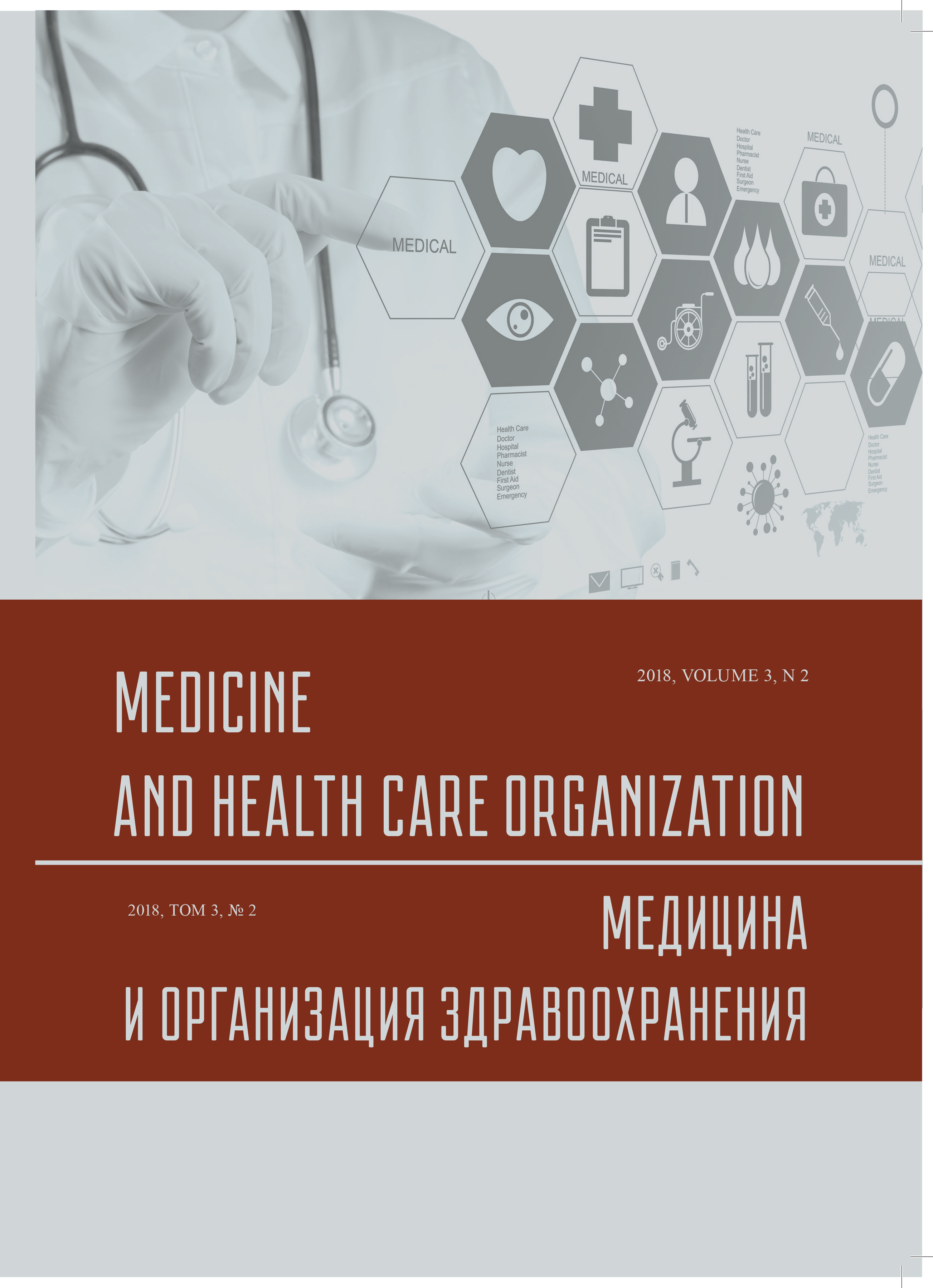UNION OF MEDICINE AND PHILOSOPHY: HISTORICAL AND CULTURAL ASPECT
Abstract
The article is devoted to the study of the role of the fruitful Union of philosophy and medicine in the development of European culture. Philosophy and medicine are considered as the oldest forms of human activity. At the earliest stages of the accumulation of scientific knowledge between the philosophical approach, which presents different problems from a General theoretical point of view, and the medical approach, which considers the same problems, but from a concrete practical point of view, in relation to an individual sick person, there were no barriers separating them. In the future, with the General accumulation of knowledge, separation of medical knowledge from philosophical is noted. At the same time, with the development and improvement of philosophy, there was a process of formation of medicine as one of the most important philosophical and anthropological areas, which included both medical theoretical and medical practical knowledge. It can be noted that at present, due to rapid development of humanitarian forms of knowledge, philosophy, on the one hand, traditionally reflects the spiritual situation of the modern era, and on the other - continues to determine the strategy and direction of cognitive activity of various sciences, including medicine. In modern conditions of humanization of science the problem of inclusion of scientific knowledge in culture of society becomes more and more important. In the course of its development, philosophy, playing an important role in the formation of spiritual culture, acted as a powerful cultural forming factor in alliance with medicine. Philosophy and philosophical anthropology had a great influence not only on the formation of the theoretical foundations of medical knowledge, but on the understanding of the moral meaning of medical activity as well. Moral attitudes (both General cultural and special, related to medicine), due not only to religion, but also to the characteristics of various philosophical doctrines, claiming the possibility of getting rid of both physical and mental suffering and developing practical ways to eliminate them have always been considered with great interest by medicine



